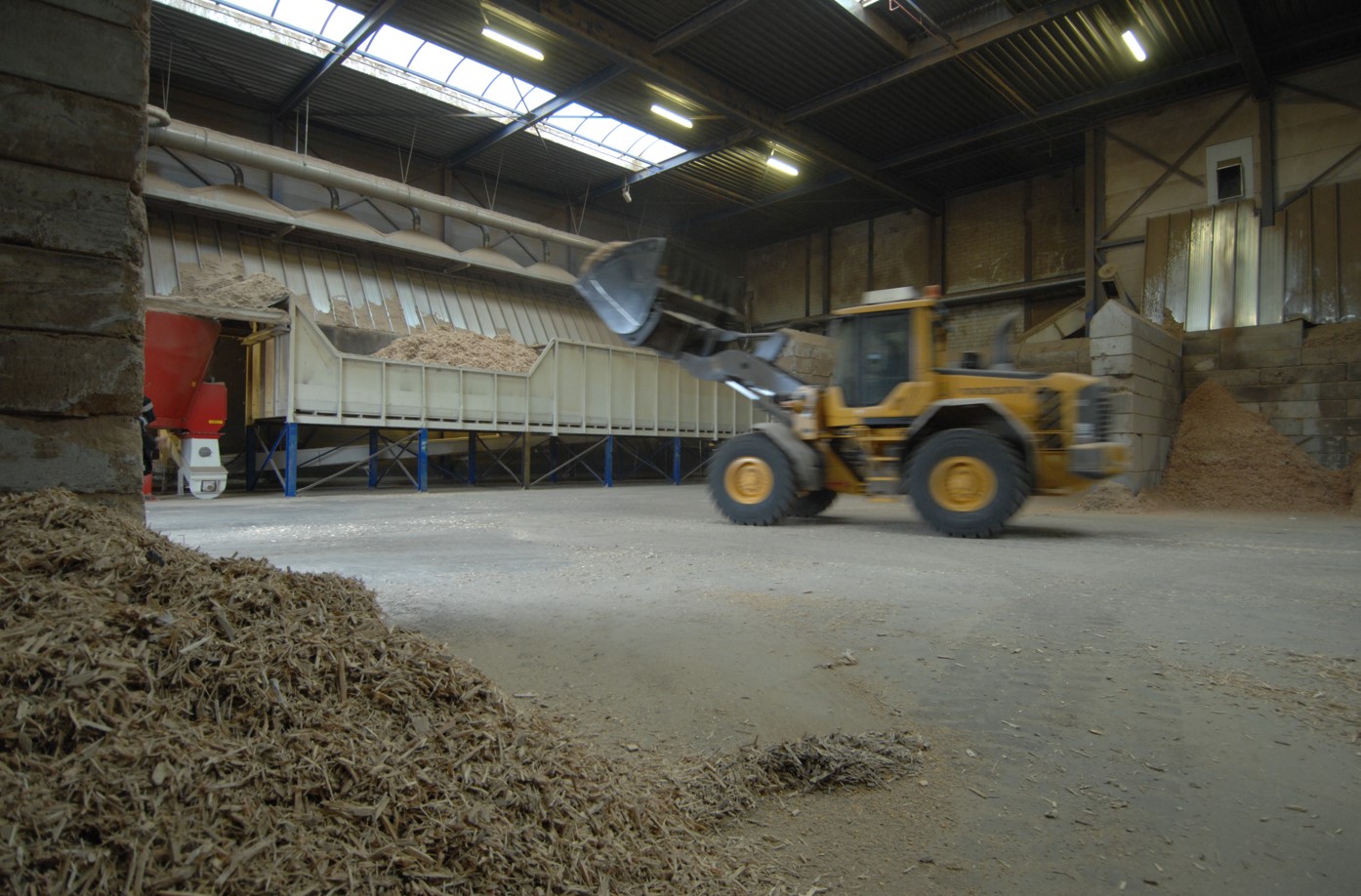Certified sustainable


The EU requirements for the sustainable production of energy sources are laid down in German law in two ordinances. While electricity and heat generation are regulated in the BioSt-NachV (Biomass Electricity Sustainability Regulation), the BioKraft-NachV (Biofuels Sustainability Regulation) also applies to the production of final fuels, in particular gas. The associated REDcert certification system is relevant for the latter. REDcert applies throughout the EU and is also recognized in some non-EU countries.
Unlike its sister system SURE, REDcert always requires a greenhouse gas calculation: depending on the system, between 50 and 65 percent of greenhouse gases must be saved compared to fossil fuels. Fuels can be produced from agricultural products (oilseeds, grain, sugar beet) and waste (wood chips, slaughterhouse waste, liquid manure, waste wood, and used cooking oil). Mixed production is permitted but must be identified by substrate and location.
It is therefore important that the origin of the biomass remains traceable throughout the entire production chain. This includes the precise recording of deliveries and the breakdown of their components. This ensures the reporting of greenhouse biogas emissions and the determination of comparative values.
We accompany you through the entire certification process and check your certification requirements neutrally and independently:
REDcert certification facilitates access to market partners throughout Europe for sustainable fuel-producing companies and entitles them to participate in funding models. This and a positive image effect can strengthen and increase the competitive position. This applies in particular to food producers and agricultural businesses, to companies that process and recycle waste of all kinds – and to operators of biogas plants.